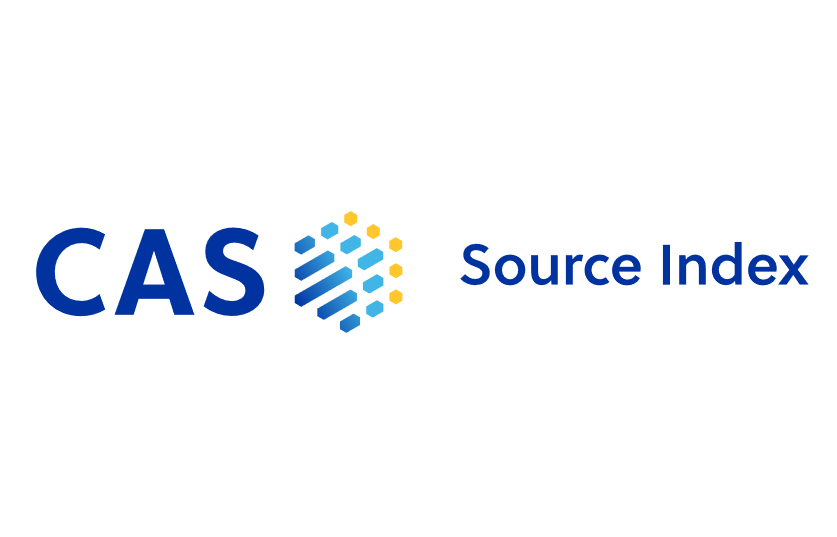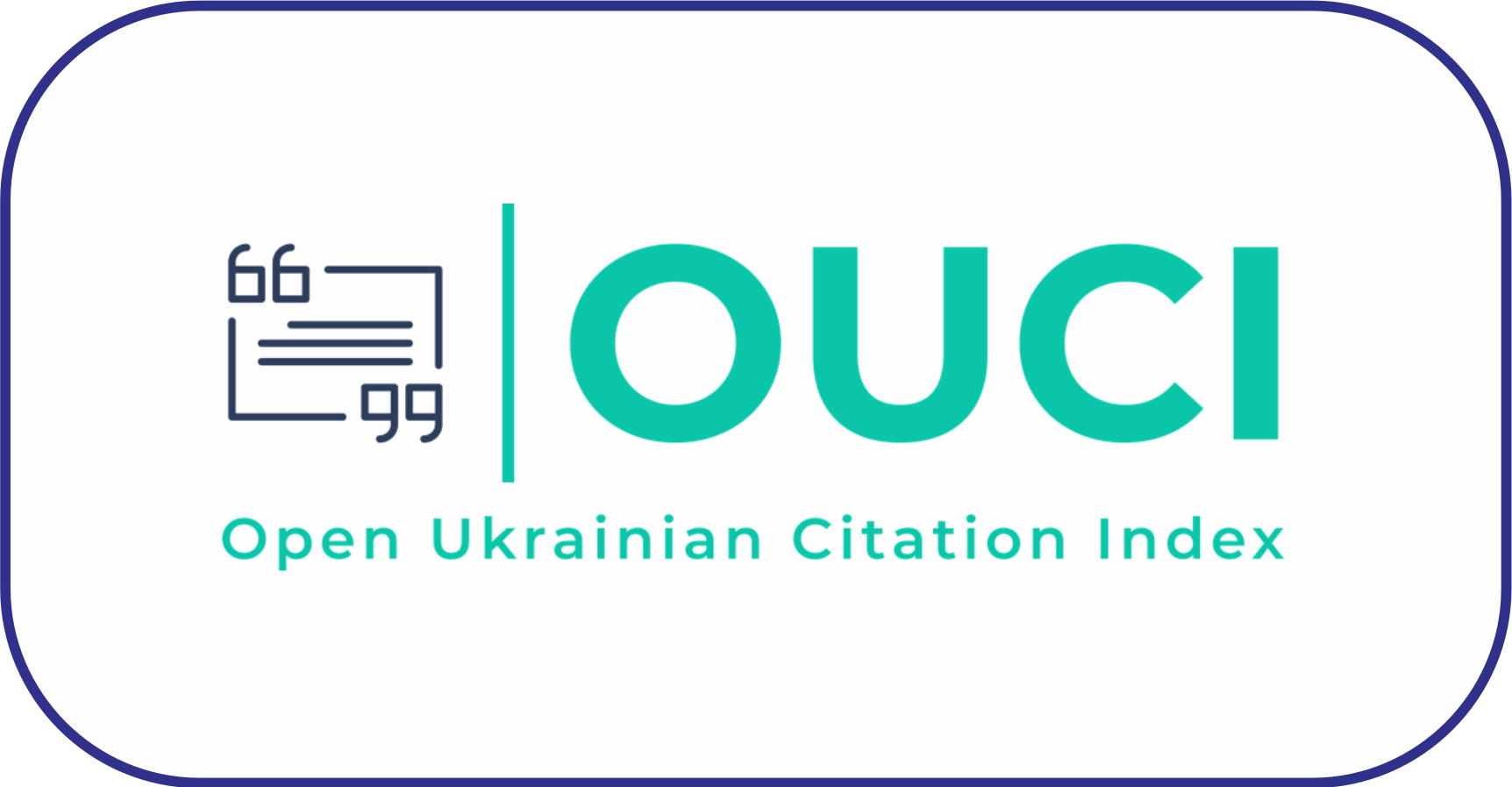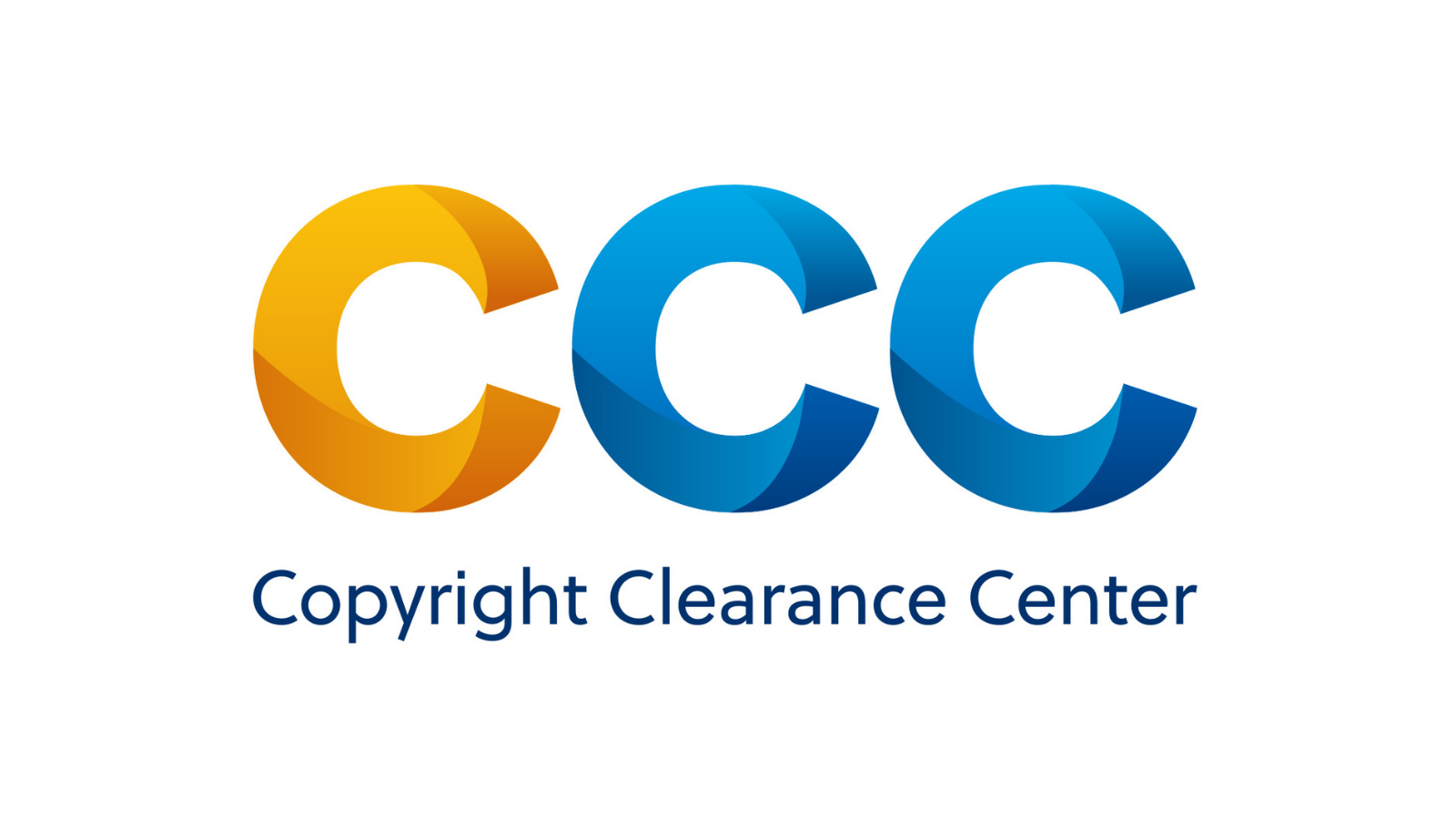ISSN: 3079-174X
Authorship Policy
Determining authorship is an important component of upholding the integrity of the research and scholarly enterprise, and serves as an explicit way of assigning responsibility and giving credit for intellectual work. Authorship credit should be given to those who contribute and participate in substantive ways to scholarly and scientific work, and should honestly and accurately reflect actual contributions. Fair and equitable determination of authorship is important to the reputation, academic promotion, and funding support of the individuals involved, and to the strength and reputation of the authors’ respective institutions.
Many institutions and peer-review journals have established standards for authorship that have consistent key principles. Experience with best practices demonstrates that being transparent and communicating these key principles at the beginning of projects helps to promote constructive, and conflict-free collaborations. In practice, various inducements have fostered authorship practices that fall short of these standards. Whereas ghost writing and gift authorship reflect one extreme, more commonly substandard practices are employed to improve the credibility of intellectual work, increase competitiveness for publication or funding, or to avoid interpersonal conflict.
As early as possible in the research or scholarly process, collaborators should discuss the general requirements for authorship of any manuscript that will report results of joint work. This does not mean deciding who will – or will not – be an author. Rather, the principles guiding authorship decisions should be discussed, potentially with reference to this or similar guidance documents. To prevent misunderstandings, it is recommended that discussions of authorship standards be held openly and frequently within collaborative projects. Agreements should be established between coauthors early in the writing process for each manuscript, and these agreements should be reviewed and revised as needed to reflect changes in the actual contributions of each individual.
Junior investigators may believe that including senior colleagues as authors will improve the credibility of their work and its chances of publication, whether or not those colleagues have made substantial intellectual contributions to the work. They may not want to offend their chiefs, who hold substantial power over their employment, research opportunities, and recommendations for jobs and promotion. Senior faculty might wish to be seen as productive researchers even though their other responsibilities prevent them from making direct contributions to their colleagues' work. They may have developed their views of authorship when senior investigators were listed as authors because of their logistic, financial, and administrative support alone.
Disagreements sometimes arise regarding who should be named as an author of or contributor to intellectual work and the order in which individuals should be listed. Some of these disputes are a result of failed communication and expectation setting. When disagreements over authorship arise, they can take a substantial toll on the good will, effectiveness, and reputation of the individuals involved and their academic community. Many such disagreements result from misunderstanding and failed communication among colleagues and might have been prevented by a clear, early understanding of standards for authorship that are shared by the academic community as a whole. This policy is meant to serve as a set of standards that are shared by the academic community as a whole, to help facilitate open communication through adherence to common principles. These principles apply to all intellectual products, whether published or prepared for internal use or for broad dissemination.
1. Principles of authorship
Authorship must only recognize a significant intellectual or scholarly contribution to a research output. An author is responsible for the integrity and accurate reporting of at least their significant intellectual or scholarly contribution to a research output.
In determining this policy, the University or research institute considers that authorship:
(i) must be an honest reflection of contribution to research.
(ii) should be assigned fairly and consistently.
(iii) should be communicated clearly and transparently between contributors to the research.
(iv) should be approached with a generosity of spirit whilst remaining true to the policy requirements.
2. Criteria of authorship
2.1. Everyone who is listed as an author should have made a substantial, direct, intellectual or scholarly contribution to a research output and is willing to take responsibility for the contribution. Researchers qualify as authors if they have made a significant intellectual or scholarly contribution through at least one, but often more than one, of the following:
2.1.1. Conception and design of the research described in the research output.
2.1.2. Acquisition of research data where the acquisition has required significant intellectual judgment or input.
2.1.3. Analysis and interpretation of research data.
2.1.4. Drafting of the research output or redrafting the research output so as to critically change or substantively advance the interpretation.
2.2. A person who qualifies as an author must not be included or excluded without their written agreement and a record of this agreement must be kept.
2.3. The record of authorship agreement must include a description of the contribution that each author made to the research output. The record of authorship agreement may be informal (e.g. email, letters, etc.).
2.4. Honorary or guest authorship is not acceptable. Authorship must not be attributed when a researcher has not made a significant intellectual or scholarly contribution to a research output or is unwilling to take responsibility for their contribution. Contributions made solely through the provision of funding, the provision of technical support, technical advice or technical assistance, their position or as a gift, the provision of materials, infrastructure or access to equipment, while they may be essential to the work, are generally not considered to meet the criteria for authorship described in 2.1.
2.6. Contributions to the research output that do not meet the authorship criteria described in 2.1 must be properly recognized by acknowledgement where this is appropriate for the type of research output. This may include contributions made by researchers, funding bodies, research infrastructure facilities and organizations.
2.7. When research is done by teams whose members are highly specialized, individual's contributions and responsibility may be limited to specific aspects of the work.
2.8. All authors should participate in writing the manuscript by reviewing drafts and approving the final version.
2.9. One author should take primary responsibility for the work as a whole even if he or she does not have an in-depth understanding of every part of the work.
2.10. This primary author should assure that all authors meet basic standards for authorship and should prepare a concise, written description of their contributions to the work, which has been approved by all authors. This record should remain with the sponsoring department.
3. Order of authorship
Many different ways of determining order of authorship exist across disciplines, research groups, and countries. Examples of authorship policies include descending order of contribution, placing the person who took the lead in writing the manuscript or doing the research first and the most experienced contributor last and alphabetical or random order. While the significance of a particular order may be understood in a given setting, order of authorship has no generally agreed upon meaning.
As a result, it is not possible to interpret from order of authorship the respective contributions of individual authors. Promotion committees, granting agencies, readers, and others who seek to understand how individual authors have contributed to the work should not read into order of authorship their own meaning, which may not be shared by the authors themselves.
3.1. The authors should decide the order of authorship together.
3.2. Authors should specify in their manuscript a description of the contributions of each author and how they have assigned the order in which they are listed so that readers can interpret their roles correctly.
3.3. The primary author should prepare a concise, written description of how order of authorship was decided.
4. Responsibilities
4.1. An author takes responsibility for at least that part of the research that he/she contributed.
4.2. In accepting an authorship, the authors attest to the integrity and accuracy of at least that part of the research that they contributed.
4.3. Where there is more than one author of a research output, at least one co-author by agreement amongst the authors should be nominated as the corresponding author who is at least responsible for communication between the publishers and managing communication between the co-authors. The corresponding author must maintain records of authorship agreement (in line with 2.3 and 2.4 above).
4.4. Where the convention in the discipline dictates and there is more than one author of a research output, a senior author or authors must be identified. In addition to fulfilling the criteria for authorship, the senior author’s role is normally to have overseen the research and to attest to the integrity and accuracy of the research as a whole.
4.5. All authors have a responsibility to ensure that all contributors to the research output are properly recognized regardless of their position or role or any subsequent change in their position or role.
4.6. All authors have a responsibility to ensure that the contribution of student researchers is properly recognized in research outputs.
4.7. During drafting, submission and finalization of the research output, authors should respond to communications about the research output in a timely manner.
5. Implementation
5.1. Research teams should discuss authorship issues frankly early in the course of their work together.
5.2. Disputes over authorship are best settled at the local level by the authors themselves or laboratory chief or team leader.
5.3. Laboratories, departments, educational programs, and other organizations sponsoring scholarly work should post, and also include in their procedure manuals, both this statement and a description of their own customary ways of deciding who should be an author and the order in which they are listed.
5.4. Authorship should be a component of the research ethics course that is required for all research fellows.





























